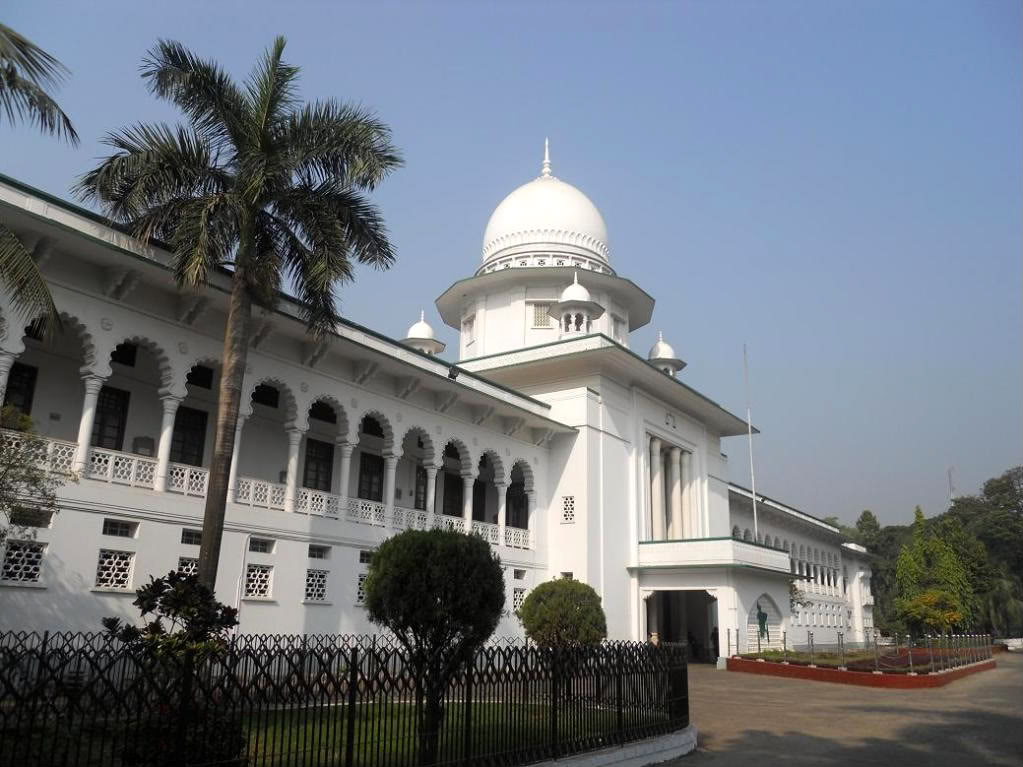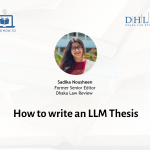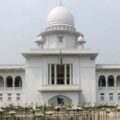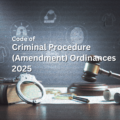This edition of ‘From the Court Corridor’ curates the notable pronouncements of the Appellate Division (AD) and the High Court Division (HCD) of the Supreme Court (SC) of Bangladesh in January 2024.
The AD deferred the hearing on S Alam Group’s appeal till 5 February 2024
On 15 January 2024, a four-member bench of the AD extended the chamber judge’s order of ‘status quo’ for three weeks until 5 February 2024. Earlier, the HCD issued a suo moto rule based on a newspaper report, asking the authorities concerned to explain their inaction in taking appropriate legal actions against the business entity (S Alam Group) and persons involved in the misappropriation of money from Bangladesh to foreign countries. Against the order, the respondents preferred ‘a leave to appeal’, the hearing of which was deferred till 15 January 2024. Meanwhile, an order requiring the parties to maintain the status quo on the issue was ordered by the SC chamber judge on 23 August 2023.
Learned senior counsel for S Alam Group, Mr Ajmalul Hossain, argued that the HCD cannot issue a suo moto rule asking for a probe based on a newspaper report. He argued that private parties like lawyers often get temporarily involved with such cases only to gain political leverage. It requires mentioning that the HCD issued the suo moto rule after the report was brought to the notice of the Court by SC lawyer Mr Syed Sayedul Haque Suman, who has been ordered by the bench to be made party to the present petition to revoke the HCD rule.
The present appeal deserves attention since the question as to whether a suo moto rule can be issued based on a newspaper report is a much-debated topic. Article 102 of our Constitution confers a wide range of powers to the HCD to issue directives and orders on the basis of an application of any person aggrieved. Following the ‘sufficient interest’ test established through Mohiuddin Farooque (FAP 20) case, our Courts have often interpreted the terms ‘application’ and ‘any person aggrieved’ in a liberal sense, a reflection of which can be noticed in the Tayeeb case which opened the gateway of suo moto judicial review. Now it is for us to see how our SC deals with the issue.
The HCD asks for a report on how seized items are preserved in the depositories
The HCD passed an order on 18 January 2024 seeking the IGP to submit a report within two months on how the seized evidence, items and articles are preserved at depositories. The Court added that appropriate action will be taken in accordance with the law if the report is not submitted. It is to be mentioned that a similar order was passed by the HCD on 30 August 2022 to submit a report within six months, however, no such report was submitted before the Court back then.
The Court also issued a rule asking the authorities concerned to explain why they should not be directed to take necessary steps to properly preserve and manage seized evidence, items, and articles in the depositories.
Earlier on 28 August 2022, five SC lawyers filed the writ petition seeking directives to take necessary steps in preserving the seized evidence, items, and articles in the depositories.
Proper preservation of seized evidence is extremely necessary because the evidentiary value of the items seized depends on it. The characteristics of the seized item change within the course of time and its evidentiary value deteriorates with it. Hence, every jurisdiction emphasises the preservation of the seized items and articles. The rule passed by the HCD is a welcome step in awakening the authorities concerned.
The HCD asks why awarding the death penalty without a guideline should not be declared unconstitutional
The HCD bench, consisting of Justice Mustafa Zaman and Justice Md Atabullah, in response to a PIL filed by Ishrat Hasan on 7 December 2023, issued a rule on 30 January 2024 asking the authorities to show cause as to why a guideline as to application of discretion in awarding death penalty should not be formulated.
The petitioner contended on the ground that the provision for the death penalty as maximum punishment is contradictory to Articles 32 and 35(5) of our Constitution and the relevant provisions of international treaties and conventions. The petitioner has also challenged section 53 of the PC (Penal Code, 1860) and section 368(1) of the CrPC (Code of Criminal Procedure, 1898).
Our Penal Code entails that the punishments for which offenders are liable under the Code are firstly death and secondly imprisonment for life. On the other hand, CrPC directs the death penalty to be executed by hanging the offender by the neck till he is dead. It is important to notice that our Constitution has guaranteed that no person shall be deprived of life save in accordance with the law, and that no person shall be subjected to torture, or cruel, inhuman or degrading punishment. The latter right is an absolute one, while the first forms a part of the ingredients of the ‘rule of law’.
However, it is pertinent to mention that the only statutory guideline in awarding the death penalty lies in section 367(5) of the CrPC, which requires the Court to state reasons for the sentence awarded. Before the amendment of 1978, the rule was to mention in the judgement the reason for not awarding the death penalty as a punishment, implying that the death penalty was the ‘rule’, ‘life imprisonment’ being the exception. Thus, the present provision has ruled out the death penalty as the default punishment.
The death penalty as a punishment is a hotly debated issue worldwide, with a considerable portion of people regarding it as cruel, inhuman and degrading to a person. On the other hand, in the absence of a robust guideline, the awarding of the death penalty often leads to arbitrary sentencing. More than 100 countries have repealed the provision of the death penalty as a punishment. Hence, it is important to notice how the writ follows.











No Comments
Leave a comment Cancel